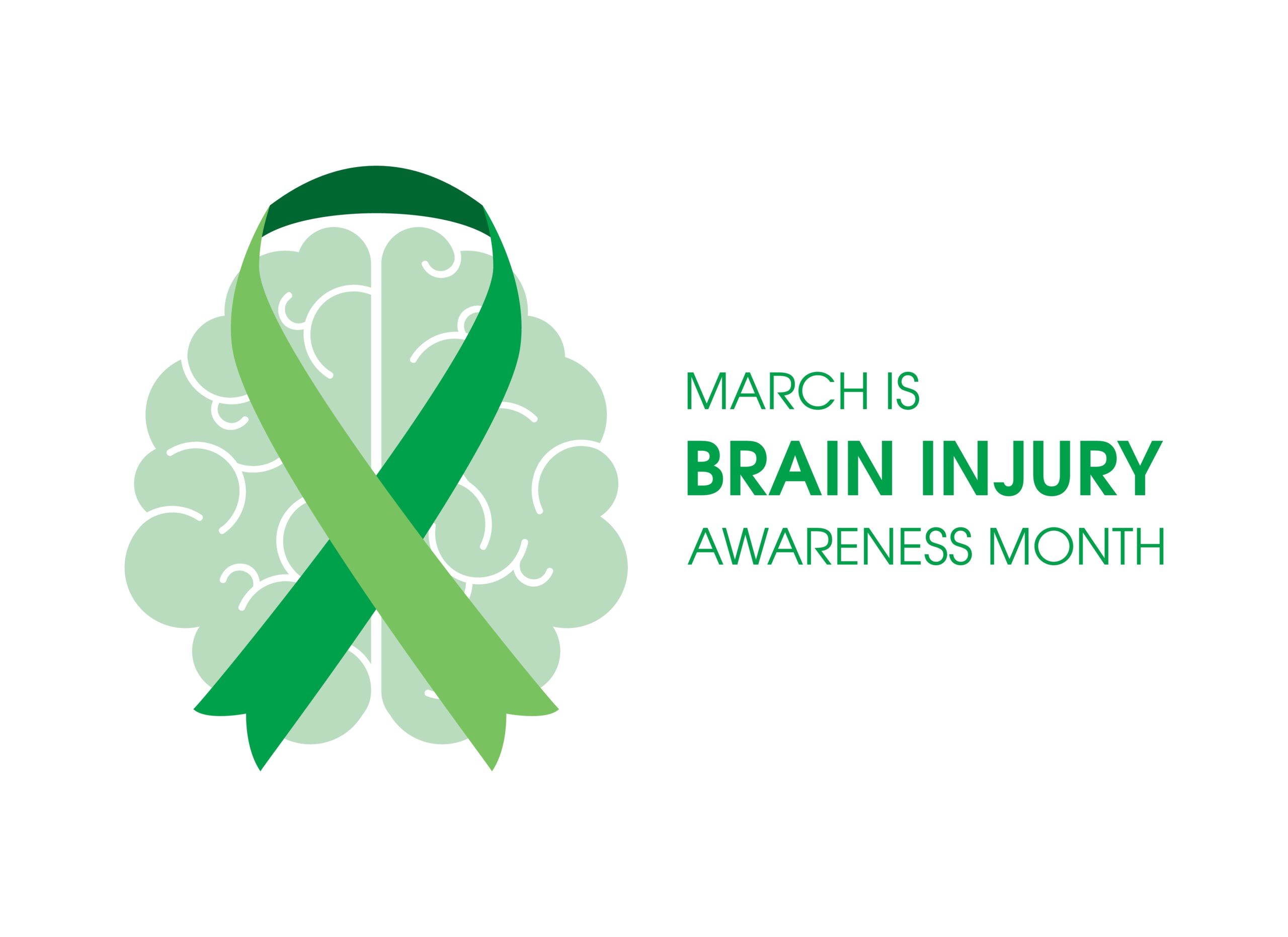Advocating for Yourself in Therapy
If you’re about to start therapy (or looking for the right therapist), it’s important to go in prepared. In this blog, we discuss how you can use self-advocacy skills to have the best therapy experience possible.
Preparing yourself before therapy
Therapy works best when you know what you want from it. So, ask yourself the following questions.
-What do I want to accomplish during therapy?
-What is my goal?
-What specific challenges would I like to focus on?
Write down your answers and bring them to your first session. That way, your new therapist can more easily create your treatment plan.
If you haven’t yet chosen a therapist, you may also ask yourself these questions:
-What characteristics do I not want in a therapist?
-Do I want a male, female, or nonbinary therapist?
-Do I want a therapist closer in age to me?
-Do I want to incorporate my faith or belief system into my therapy?
Once you know what kind of person you’re looking for, you can narrow down your options.
During your therapy appointments
When you meet your therapist for the first time, they’ll ask you a lot of questions about your life. But this is also your opportunity to get to know them better.
Questions for your therapist
Here are some questions we encourage everyone to ask during their first few therapy visits.
I’m struggling with XYZ issue. What experience do you have helping others with this problem?
-What kind of therapy techniques do you use? Can you give me more detail about them?
-Do you incorporate faith into your practice?
-Am I similar in age and background to most of your clients?
For people in minority communities, finding a culturally competent therapist may feel more daunting. There’s a shortage of therapists of color practicing in the U.S. So, consider asking these extra questions to ensure a good fit:
-Do you speak my language?
-How much experience do you have treating people of my ethnicity?
-How much training do you have in cultural competency regarding my ethnicity?
-Have you been trained on the ways discrimination and racism can impact someone’s mental health?
-Are you comfortable talking about the cultural/racial differences between us early on?
-Do you feel comfortable talking about white and/or male privilege?
-How many people of color have you seen consistently for at least five to 10 visits?
-How would you respond if I pointed out a comment you made as being racist or biased?
Note their answers to all your questions. Then, be honest with yourself when deciding whether to schedule another appointment. Sometimes, it will take several visits to decide if you’d like to stick with a specific therapist.
Red flags and what to do about them
What are clear signs a therapist isn’t right for you? Here are some red flags to look out for:
-You’re having communication issues at the beginning. The therapist doesn’t call you back. They don’t respond to your emails. They never answer the phone.
-They don’t have experience with your unique needs.
-They often cut you off or interrupt when you’re talking.
-They don’t seem interested in learning about your goals.
-They never show up on time.
-They never follow up with you.
If these issues continue to occur, it may be time to speak up (or look elsewhere).
Self-advocacy works better when you’re kind
When you begin noticing these red flags, it’s your right to request that something change. However, we encourage you to be kind—but direct—during these tough conversations. Speaking up respectfully will help ensure your therapist hears what you have to say and pivot to meet your needs.
Start practicing self-advocacy now
Most health care professionals have your best interests at heart. But they have bad days, too. So, always remember that you’re your own best advocate. You are the expert on yourself.


